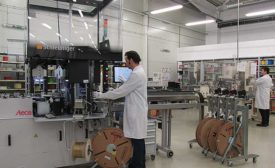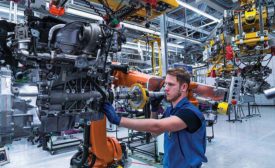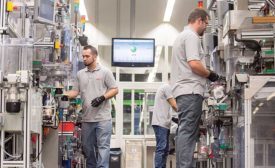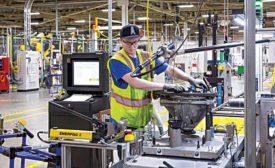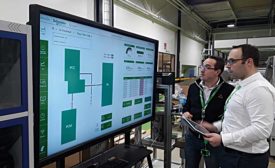Home » Industry 4.0
Articles Tagged with ''Industry 4.0''
Getting Started on the Road to Industry 4.0
Just as lean manufacturing is about more than eliminating waste, Industry 4.0 is not merely a matter of connecting machines and products via the Internet.
May 1, 2019
Industry 4.0 Maturity Index
A new index provides companies with guidance for carrying out the transformation to Industry 4.0
November 6, 2018
60 Years of ASSEMBLY
For six decades, ASSEMBLY has been the leading source of knowledge about tools and techniques for joining parts into finished products
October 5, 2018
Never miss the latest news and trends driving the manufacturing industry
Stay in the know on the latest assembly trends.
JOIN TODAY!Copyright ©2025. All Rights Reserved BNP Media.
Design, CMS, Hosting & Web Development :: ePublishing
